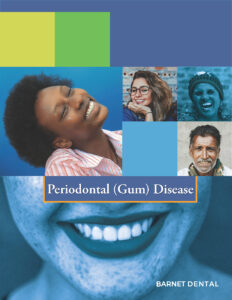What is it?
Ankyloglossia, commonly known as tongue-tie, is a congenital condition characterized by an unusually short, thick, or tight band of tissue (lingual frenulum) that tethers the bottom of the tongue’s tip to the floor of the mouth. This restriction of tongue movement can affect various aspects of oral function and may lead to complications such as breastfeeding difficulties, speech impediments, or oral hygiene issues.
Here are some key points about ankyloglossia:
- Causes: Ankyloglossia occurs during fetal development when the lingual frenulum fails to fully recede, resulting in a shortened or abnormally positioned frenulum. The exact cause of ankyloglossia is not always clear but may be influenced by genetic factors or abnormal tissue development in the mouth.
- Symptoms: The symptoms of ankyloglossia can vary depending on the severity of tongue restriction and the individual’s age. In infants, common symptoms may include difficulty latching onto the breast during breastfeeding, poor weight gain, or maternal nipple pain and trauma. In older children or adults, ankyloglossia may contribute to speech difficulties, such as difficulty pronouncing certain sounds (particularly those involving the tongue’s movement), limited tongue mobility, or persistent drooling.
- Diagnosis: Diagnosis of ankyloglossia is typically based on a physical examination of the tongue’s appearance and range of motion. Healthcare providers may assess the length and mobility of the lingual frenulum and evaluate for signs of restriction or tension during tongue movement. In some cases, additional diagnostic tests, such as a speech evaluation or breastfeeding assessment, may be recommended to assess the functional impact of ankyloglossia.
- Treatment: Treatment of ankyloglossia depends on the severity of symptoms and the functional limitations caused by tongue restriction. In infants with breastfeeding difficulties, a procedure called frenotomy or frenulotomy may be performed to release the tight or thickened lingual frenulum, allowing for improved tongue mobility and breastfeeding success. In older children or adults experiencing speech or oral function issues, a more extensive procedure known as frenuloplasty or frenectomy may be recommended to surgically release the lingual frenulum.
- Prognosis: With appropriate treatment, the prognosis for ankyloglossia is generally favorable, particularly when intervention occurs early in infancy. Frenotomy or frenectomy procedures are usually safe and well-tolerated, with minimal risk of complications. Following treatment, individuals with ankyloglossia may experience improved breastfeeding outcomes, speech clarity, oral hygiene, and overall quality of life.
In summary, ankyloglossia is a congenital condition characterized by a shortened or restricted lingual frenulum, which can lead to various oral function difficulties such as breastfeeding problems in infants or speech impediments in older children and adults. Early diagnosis and appropriate intervention are essential for addressing the functional limitations associated with ankyloglossia and improving outcomes for affected individuals.

